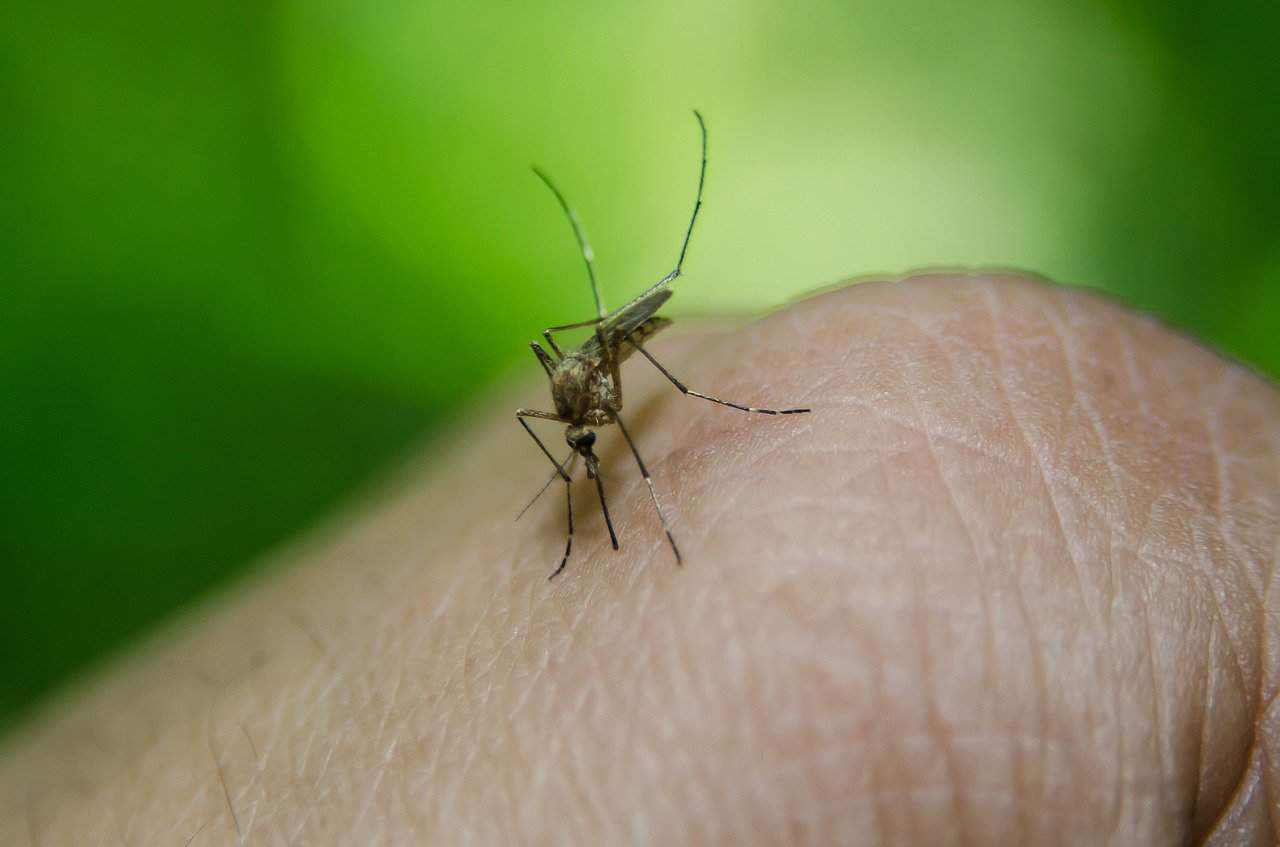Costa Rica’s health authorities are on high alert due to a surge in dengue fever cases. As of the week ending September 23, 2023, 12,357 cases were reported. In 2024, this figure more than doubled to 24,965 cases, marking a sharp 202% increase.
The Ministry of Health reports that 1,537 new cases were recorded in just the last week, with 120 people requiring medical attention due to dengue with warning signs.
Eight cantons have accumulated more than 1,000 cases each: Alajuela (2,644), Turrialba (2,481), San José (2,458), San Carlos (1,354), Santa Ana (1,214), Buenos Aires (1,161), Atenas (1,139), and Corredores (1,015).
In September, the Ministry confirmed the first dengue-related deaths of the year. To date, five fatalities have been recorded. The inter-institutional commission investigating dengue-related deaths has analyzed 14 suspected cases. Health officials had warned as early as July that fatalities were likely in the second half of the year due to the surge in cases.
Experts note that Costa Rica experiences the highest incidence of dengue during the rainy season, from May to November. Case numbers typically peak in September and October when weather conditions create ideal breeding grounds for the Aedes aegypti mosquito.
All four dengue serotypes are currently circulating in the country, with types 3 and 4 causing the majority of cases. These serotypes were detected in 2022 after over 20 years without causing outbreaks. Mosquito-borne diseases like Zika and chikungunya are also present.
Health professionals warn that people contracting dengue a second time are at higher risk of developing severe forms of the disease, especially if infected with a different serotype. In 2023, the Region of the Americas reported a record 4.5 million dengue cases, including 2,300 fatalities, according to the World Health Organization (WHO).
Early detection and timely medical intervention are crucial to preventing complications. Health experts advise those experiencing sudden high fever, severe headache, pain behind the eyes, muscle and joint pain, rash, nausea, or vomiting to seek immediate medical attention






